The best essential oils for stress relief include lavender, bergamot, jasmine, and orange. But when you think of essential oils, your knee-jerk reaction may be to be skeptical about the benefits. Holistic medicine, though, is very effective; some of these oils are proven to lower cortisol, aid in sleep, and even reduce blood pressure.
It’s easy to physically and mentally overexert yourself on the job. Diffusing an essential oil or throwing drops in your bath water are simple and effective ways to relieve stress and relax. Here are 8 of the best essential oils for stress relief.
Top 8 essential oils for stress relief
1. Chamomile
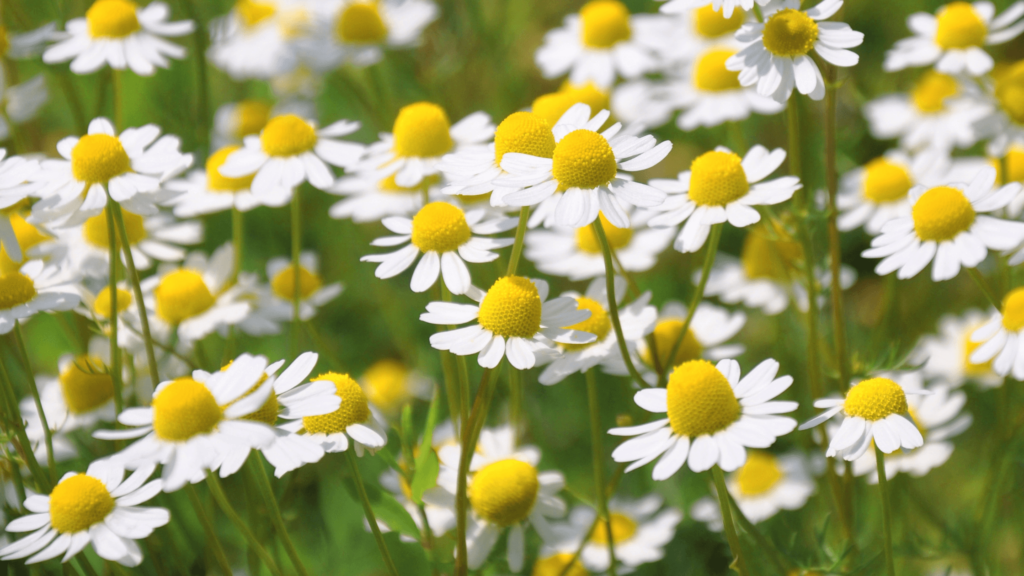
Chamomile is recognized as one of the best herbs for relaxation and sleep. It’s known for its calming scent and gentle sedative properties as a tea.
Chamomile also has anxiety, pain, and digestive benefits. A 2017 study found that 58% of its participants saw noticeable improvements in anxiety. Another study found that both lavender and chamomile essential oil inhalation decreased depression, anxiety, and stress levels.
Our favorite use: Put a few drops of pure chamomile essential oil in a diffuser and let it fill your room before bed!
2. Ylang Ylang
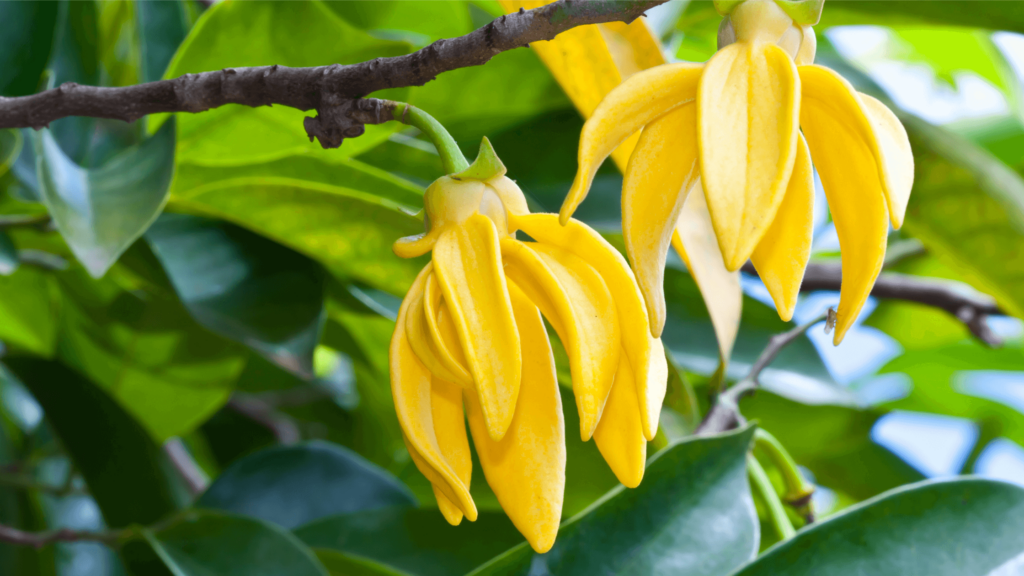
Ylang ylang is a star-shaped flower grown in the Philippines, Indonesia, and smaller areas of Australia. Its rich, musky, and floral aroma has been proven to reduce blood pressure and enhance feelings of relaxation.
Ylang ylang is a great essential oil for relaxing without drowsiness. We recommend a diffuser for this oil.
3. Lavender
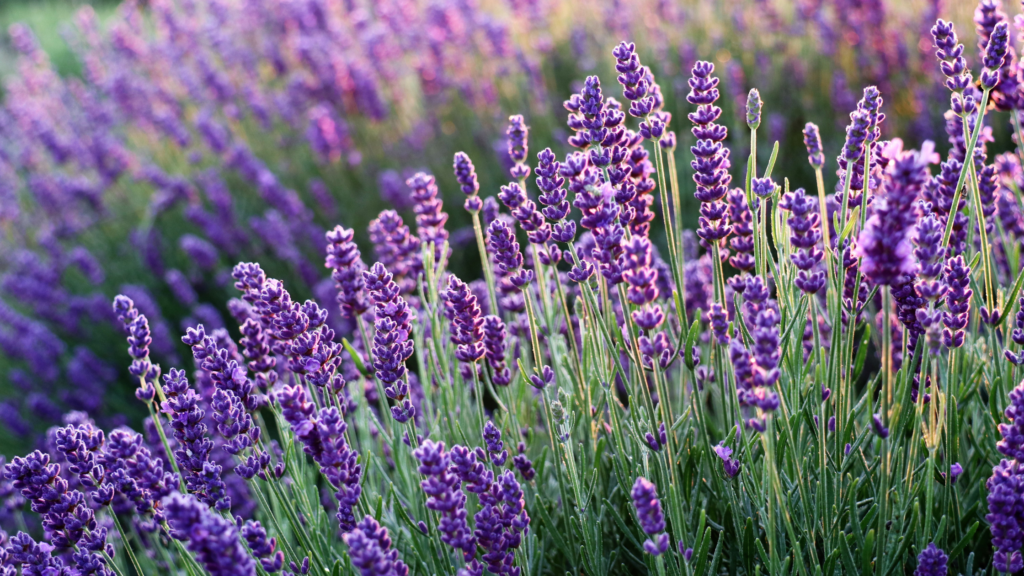
Lavender, maybe the most popular scent on our list, has been used for centuries for stress relief. The active compounds in lavender, linalyl acetate and linalool, soothe the nervous system, impacting neurotransmitters and regulating emotions. Once inhaled, the scent particles travel to the limbic system, the sensory center in the brain that secretes enkephalin, endorphins, and serotonin in response to stress and to induce relaxation.
Direct inhalation or diffusion are excellent methods for enhancing relaxation.
Pro tip: If you struggle with sleep, too, consider a lavender pouch under your pillow.
4. Bergamot
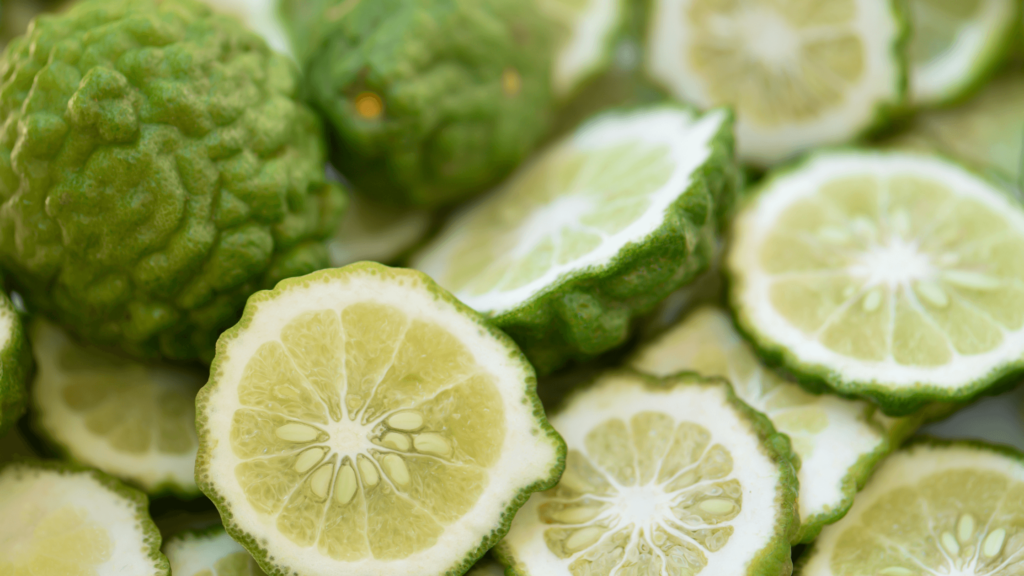
Sourced from the peel of the bergamot orange, bergamot has limited clinical research, but many users cite it as relaxing and helping with stress. According to one study, inhaling bergamot for 15 minutes a day could increase your positivity, as it had for participants seeking help for mental health issues.
Caution: We don’t recommend using bergamot topically, as it could cause sunburn if exposed to UV.
5. Clary sage
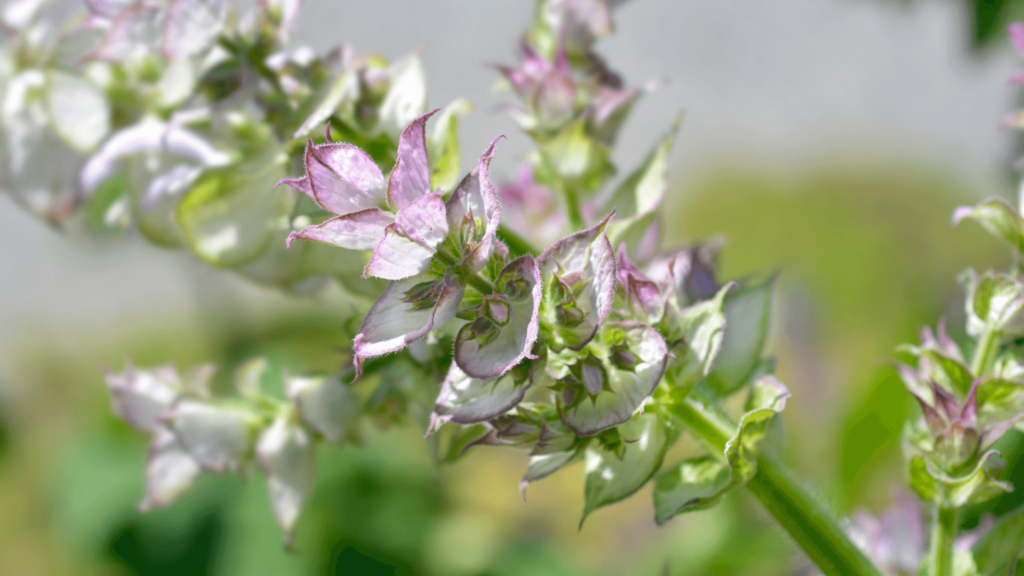
Clary sage, a sweet, calming herb from the Mediterranean basin, helps reduce cortisol and lower stress levels. As with lavender, clary sage contains the active compounds linalyl acetate and linalool, known to have calming effects on the nervous system.
Our favorite use: With clary sage, you could inhale, diffuse, or apply it topically.
6. Jasmine
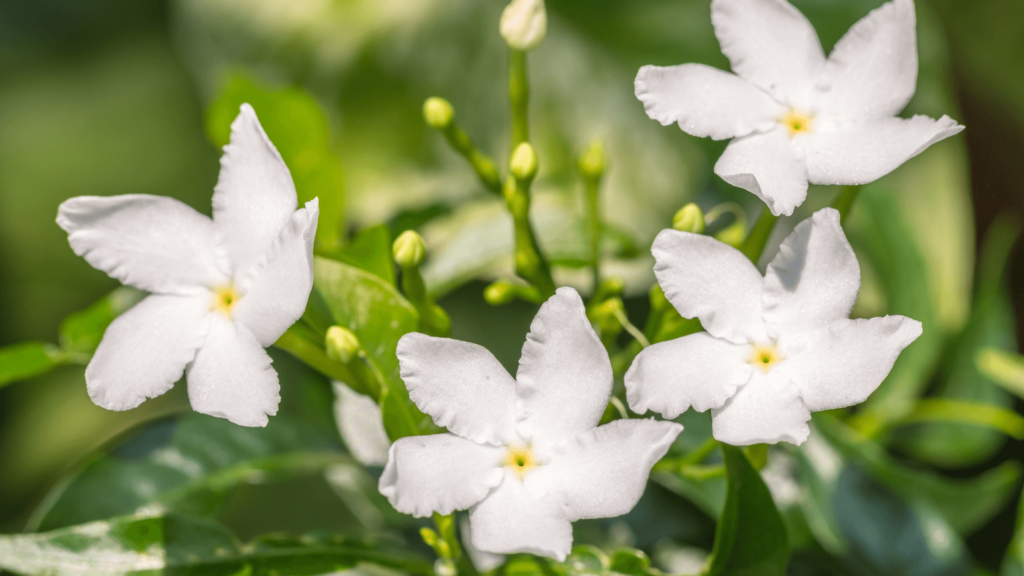
The jasmine plant is quite common and promotes feelings of inner peace, positivity, and an uplifting mood. A 2013 study shows a positive trend between inhalation of jasmine and brain wave activities and emotions. Jasmine oil may also have anxiolytic (anti-anxiety) effects on the central nervous system by interacting with GABA receptors in the brain.
7. Sandalwood
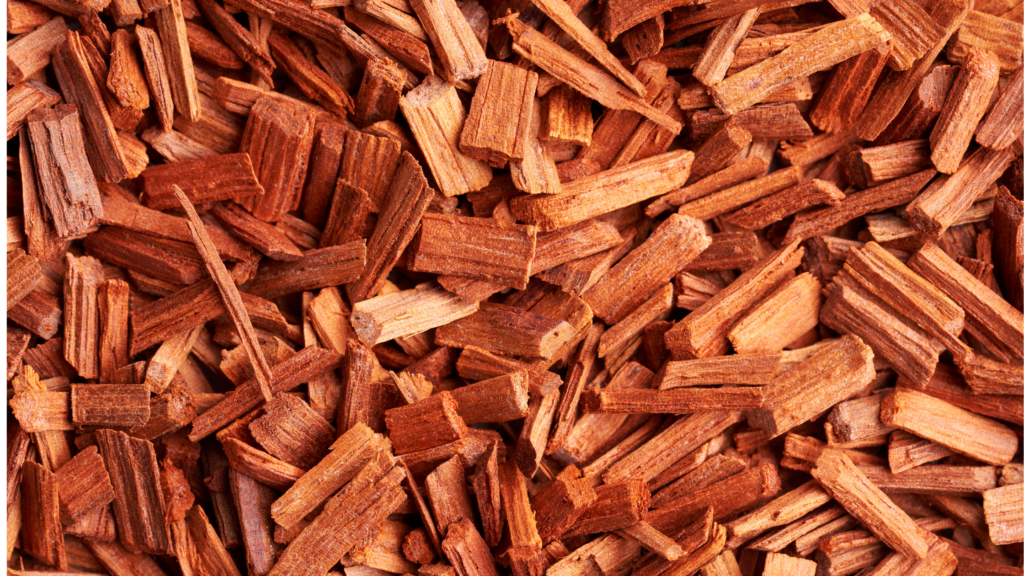
Sandalwood oil has a deep, woodsy aroma and is used to increase peace and mental focus in many cultures. Although research on sandalwood for stress relief is sparse, some data suggests that its anxiolytic properties could help reduce stress levels.
8. Orange
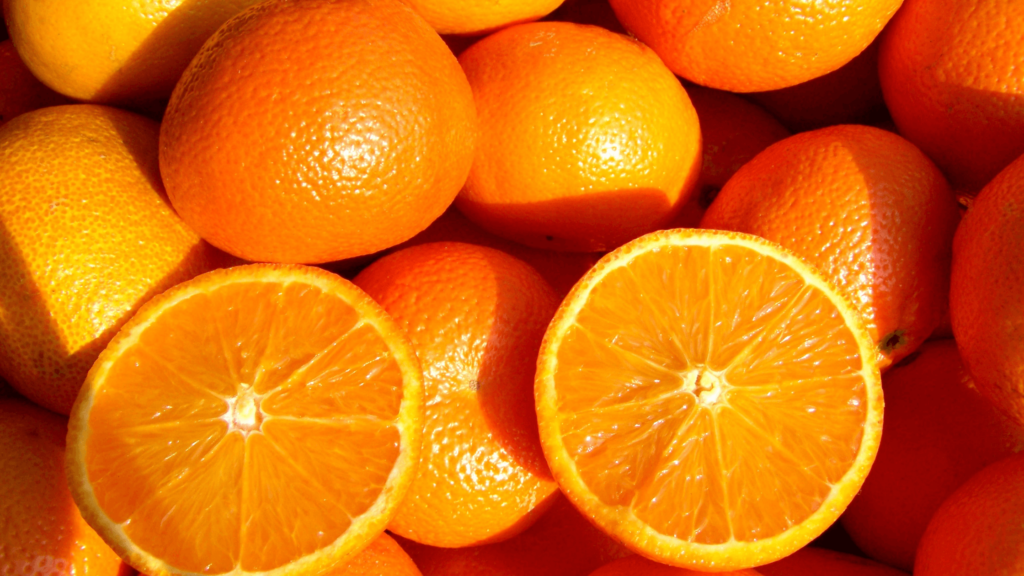
Most people think of orange oil more as a cleaning scent, but some research shows it can also reduce anxiety, diastolic blood pressure, and pulse rate. The limonene has anti-anxiety effects on your central nervous system and can increase alertness, making it a great choice for improving focus.
The dark side of stress
Different types of stress can impact you in various ways. Here are the differences you need to be aware of.
- Acute stress: Short-term stress, sometimes brought on by a mental health condition or after a traumatic event. The body’s fight-or-flight response kicks in and causes temporary physiological changes such as increased heart rate and the release of adrenaline. Stress hormone levels return to normal once the stressor has passed.
- Chronic stress: Chronic stress happens when a stressor persists for long periods, which can result in cumulative psychological and physiological effects, such as cardiovascular disease, depression, and anxiety. It often causes a consistent feeling of pressure, anxiety, or feeling overwhelmed and can have serious long-term health consequences due to chronically high levels of stress hormones.
Some diseases associated with chronic stress include cardiovascular dysfunctions, diabetes, cancer, autoimmune syndromes, and mental illnesses such as depression and anxiety disorders.
Aromatherapy and stress
Our sense of smell and the brain are intricately connected, and smelling essential oils has the potential to create profound psychological and physiological changes. Once inhaled, scent molecules from the essential oils travel through the olfactory nerve directly to the brain, where they stimulate areas of your limbic system—an area of the brain that regulates emotions, behaviors, sense of smell, and long-term memory. And because the limbic system is involved in the formation of memories, it can partly explain why certain smells trigger memories or emotions.
The limbic system is also involved in regulating other unconscious physiological functions, including breathing, heart rate, and blood pressure. As such, it’s suggested that inhalation of essential oils can lead to physical changes in the body. That said, research is mixed on whether aromatherapy can actually relieve stress.
Aside from stress relief, aromatherapy may improve sleep, boost mood, improve concentration, and even regulate hormones.
Bottom line
Don’t let your prejudgements of holistic medicine get in the way of what could be a great stress relief for you. The right essential oil could improve your mental health in the short term and reduce stress in the long term.
So, next time you’re feeling a little on edge, throw some clary sage or chamomile in your diffuser and let the magic happen.
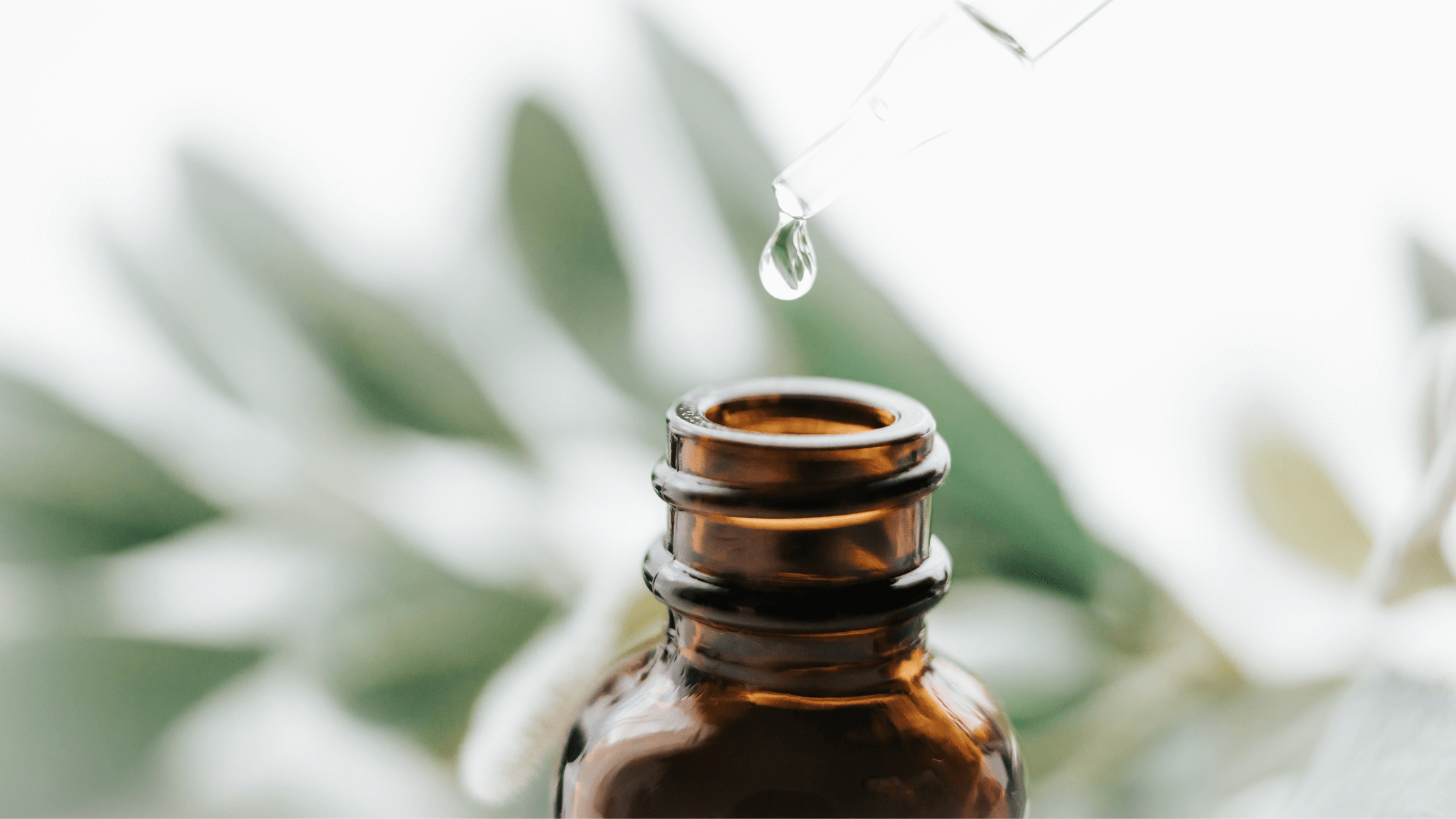


1 comment